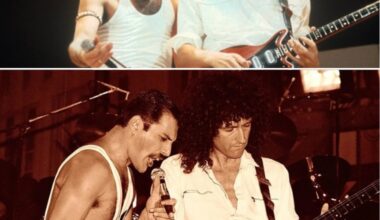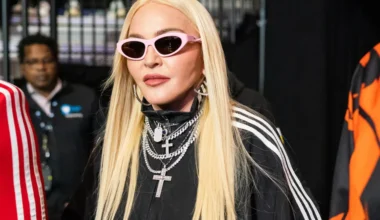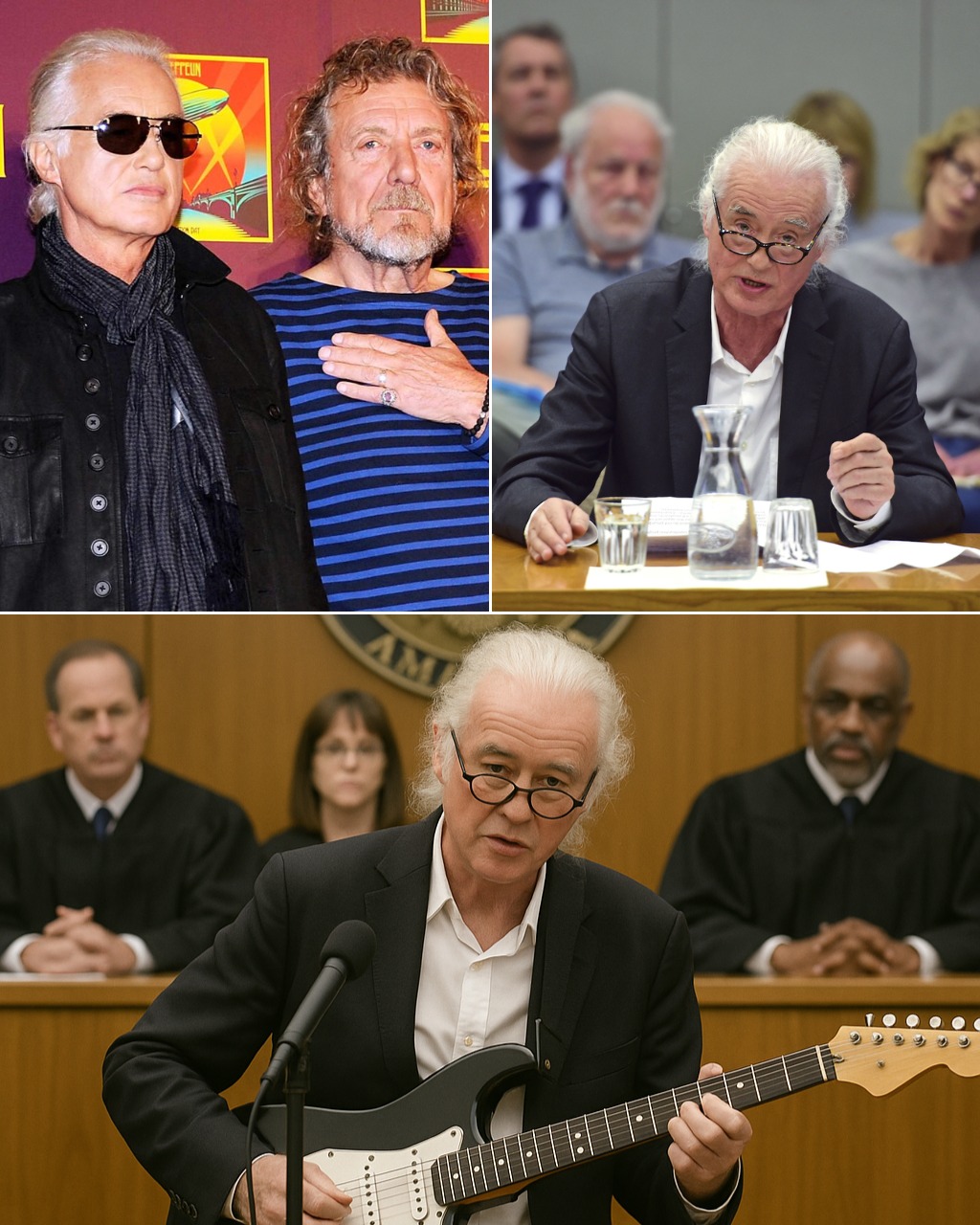A Beatle in America’s most guarded room
The night Paul McCartney walked into the White House in 2010 was not just another concert — it was a chapter of living history. The East Room, usually reserved for diplomacy and policy, became a stage draped in chandeliers and charged with anticipation. With presidents, first ladies, and cultural icons seated in reverent silence, McCartney struck the first chords, his voice carrying not only music but the weight of decades. Cameras captured him smiling, but woven into every note of Michelle and Let It Be was the long journey from Liverpool’s smoky clubs to America’s seat of power.
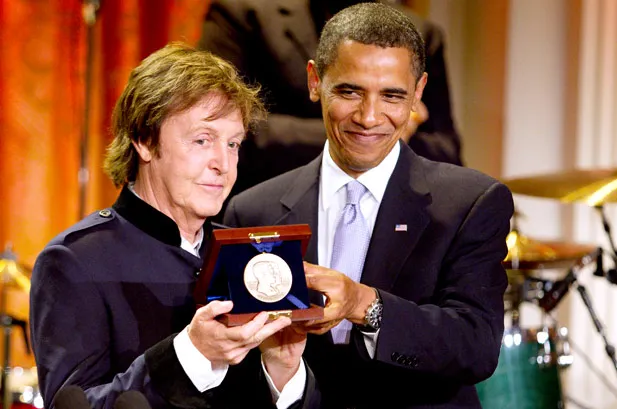
The Obamas swayed to the melody
Barack and Michelle Obama swayed gently as McCartney sang, their presence adding a layer of intimacy to the grandeur of the setting. Around them, dignitaries and celebrities fought back tears, realizing they were not merely watching a performance but a moment that bridged generations. Each lyric seemed to carry echoes of the 1960s, when The Beatles’ music had once soundtracked social change. Now, in the heart of Washington, those same melodies reminded the audience that song could still unify, even amid the complexities of politics.
Even politics gave way to song

Whispers later spread that even hardened politicians — men and women more accustomed to debates and divisions — had been caught humming along under their breath. Diplomacy, for a fleeting evening, seemed to take the shape of music. McCartney’s voice cut through protocol, his presence disarming the usual stiffness of the White House. The performance blurred lines between artistry and statesmanship, between private emotion and public duty. For that hour, politics bent not to power but to melody.
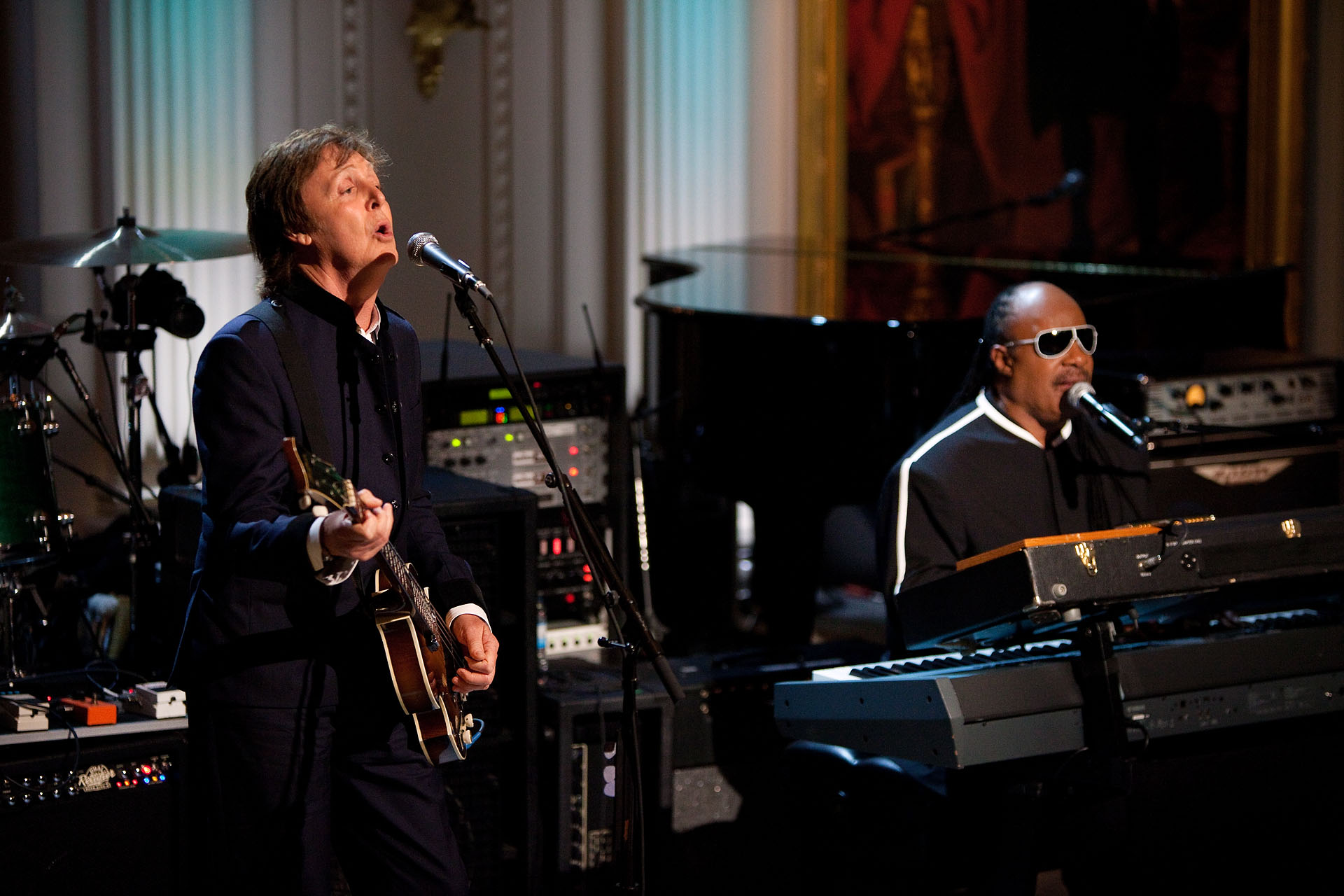
Applause that echoed through memory
When McCartney finally bowed his head, the applause was thunderous, ringing not only through the East Room but across the memory of a nation still bound to the healing power of a song. The White House, often seen as a fortress of politics, had become a sanctuary of music, where walls designed for protection instead held a moment of transcendence. For one unforgettable night, Paul McCartney reminded the world that his melodies are more than entertainment — they are living bridges, capable of carrying people from past to present, from grief to hope, from division to unity.
